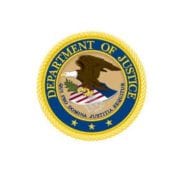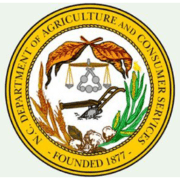Warren County Breaks Ground on Sewer Extension Project at Wise I-85 Interchange
100.1 FM ~ 1450 AM ~ WIZS, Your Community Voice ~ Click to LISTEN LOCAL
-Press Release, Warren County Government
Warren County broke ground last week on the Wise I-85 interchange sewer extension project. The project was initially approved by the Warren County Board of Commissioners in May of 2018 upon the award of a $200,000 GoldenLEAF grant. The total project budget is $428,331.
Warren County Board of Commissioners voted in 2019 to fully fund the project with additional financial support. The county looks to spur development at the state’s first interchange on I-85 with this infrastructure investment.
“This project speaks to the growth of Warren County, and it speaks to how the Commissioners view economic development,” said Chairman of the Board of Commissioners Tare “T” Davis. “This infrastructure utility puts us in a place to be an asset to the region for future development.”
The contractor for the expansion is H.G. Reynolds. Construction is scheduled to be completed within 120 days. A groundbreaking ceremony took place on Friday, August 14 at 10:30 a.m.
For more information, contact the Warren County Manager’s Office at (252) 257-3115.

Photo (L to R): Fred Stowe (Engineer and Project Manager, Rivers & Associates), Ray Spain (EDC Board Chair), Victor Hunt (Vice-Chair, Warren County Board of Commissioners), Bertadean Baker (County Commissioner), Tare Davis (Chair, Warren County Board of Commissioners), Representative Terry Garrison, Jennifer Pierce (County Commissioner), Walter Powell (County Commissioner), Vincent Jones (County Manager). (Photo courtesy Warren Co. Govt.)












